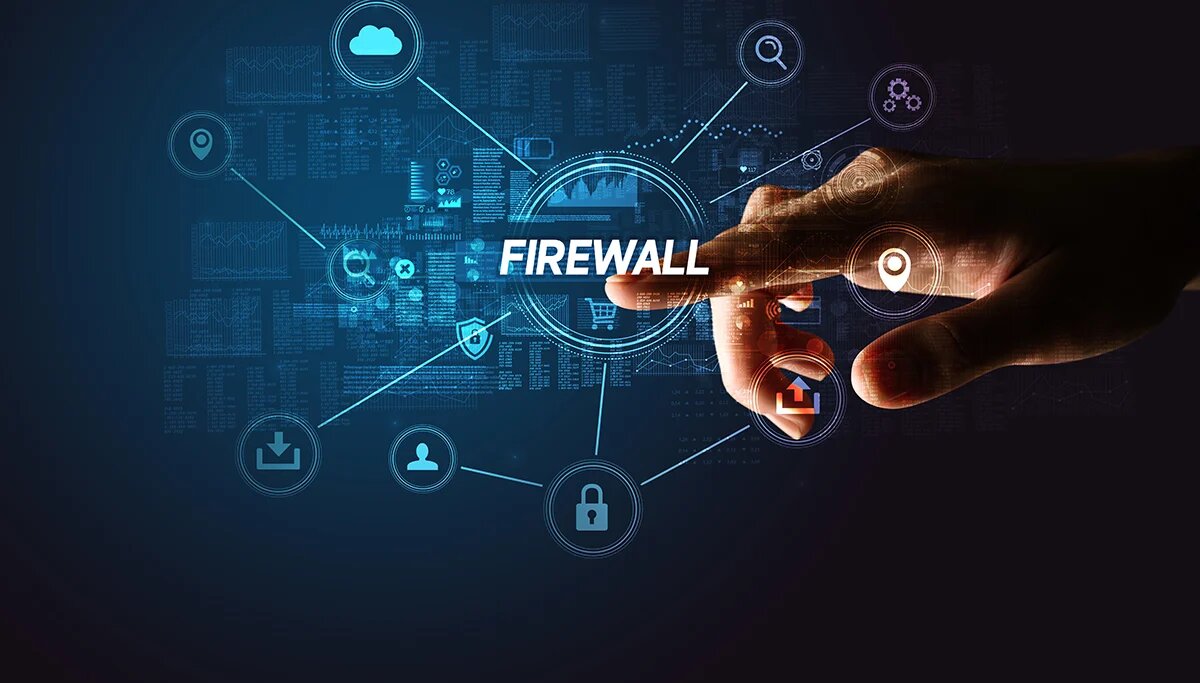We all know what a firewall is and what it means for security? It plays a significant role in preventing unauthorized access to your network by inspecting the incoming and outgoing traffic.
Many susceptible apps on your PCs are protected by a firewall even your browser that you have been using for exploring a new Spectrum mobile service in your area. A solid firewall is required for a layered security architecture to identify and block threats. Let’s learn how it can protect your network and defend your data.
Why Are Firewalls Important?
Firewalls have a significant role to play when it comes to the security of your network. They were developed when the internet was invented. Networks at that time new security mechanisms to cope with growing complexity. Firewalls have since formed the foundation of network security. They are now used on a majority of devices to analyze traffic and neutralize the dangers of the online world.
It’s clear that firewalls are important and they protect intruders from infiltrating your network. It also acts as a guard. Here are some uses of a firewall in our daily internet lifestyle:
Keeps Hackers at Bay
Hacking operations are on the rise. In such a situation, a firewall protects you from illegal connections, such as those made by hackers. No wonder firewalls have become an important aspect of any company’s data security strategy. It can prevent a hacker from completely gaining access to your network.
Boosts Device Security
When a user interacts with external networks, the proxy server first communicates with the internet and receives the information in case a firewall is installed. It only passes the data to the system after executing the security check. As a result, the system does not directly interfere with external traffic, lowering the system’s exposure to hostile agents.
It also aids in the concealment of the system’s address, and by acting as a proxy server, the Firewall saves the visited web page in cache files for future access.
Prevents Virus Attack
A viral attack can force you from stopping your activity whether you are an average user or an organization. With hundreds of thousands of new threats emerging every day, it’s critical that you have a safeguard in place to keep your systems safe. The ability to restrict your system’s access points and prevent virus attacks is one of the most evident benefits of firewalls. Therefore, it cannot be stressed enough to install a firewall on your PC and mobile devices.
Improves Privacy
The best thing about a firewall is that it protects your privacy. By keeping your data safe on a regular basis, it allows you to create a trusting atmosphere for yourself and your clients (in case you are an organization). Nobody wants their information stolen, especially when it’s evident that preventative measures might have been implemented.
For business owners, upgraded data-protection systems can also be a competitive differentiator and a selling point for customers and clients.
Blocks Data Outflow
Firewalls can block the surge of information in the event that the firewall and your assurance methodology aren’t satisfactory to keep programmers under control. Whenever this occurs, firewalls start to work like a one-way entryway, permitting individuals in however keeping them from leaving.
Because firewalls may log IPs and signatures, this is very important when trying to figure out where the attempt for breach came from.
Filters Content
In an organizational setting, you can regulate what your employees have access to and what they don’t with the help of a firewall. Businesses can boost efficiency and production by filtering out harmful sites or simply non-productive sites.
If content filtering is enabled, for example, the firewall can use IP addresses to detect traffic coming from an unlawful website and prevent access to it. You may have encountered this when browsing the web when you were told that a website was “unsafe to access.”
Protects Phishing Attacks
Business-grade firewalls are capable of detecting if a connection you’ve accessed is linked to a social engineering attack like phishing. When this happens, the firewall stops all outgoing data right away and issues a warning to the user.
Other than this, some firewalls include features such as email filtering that scans your emails for phishing and similar other red flags and prevents spam messages from reaching your inbox.
Final Words
See how much difference can a firewall make in our daily internet life? The more advanced the firewall, the better security will it offer.
Remember that a firewall alone is not enough or a foolproof method to secure your network or devices. You will always need to do more for enhancing security.







